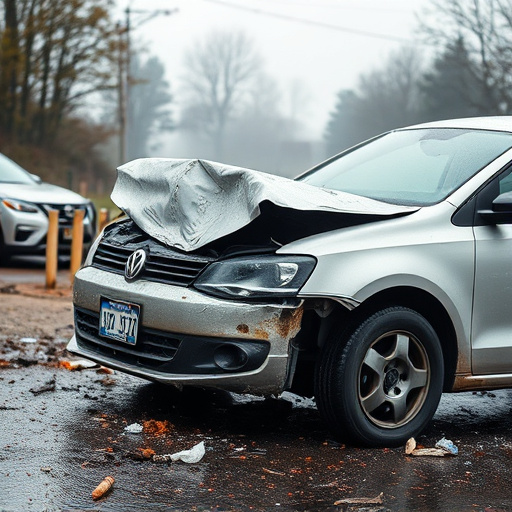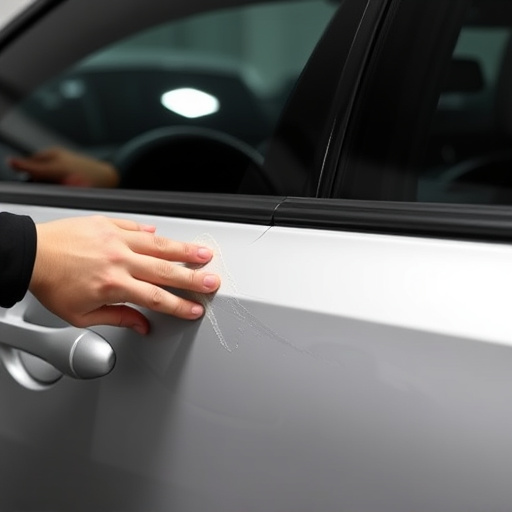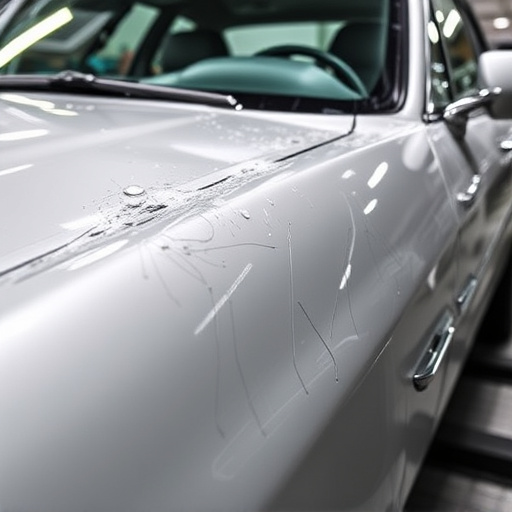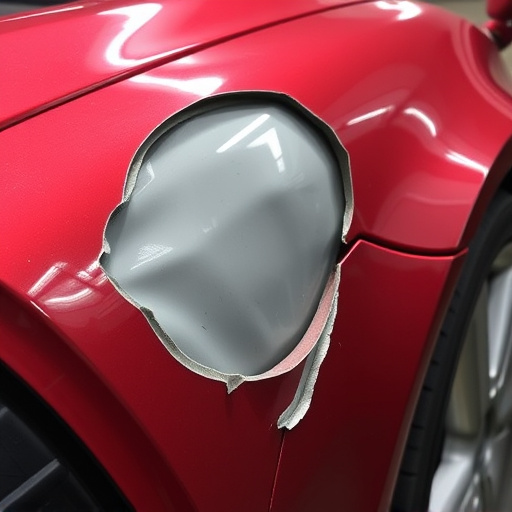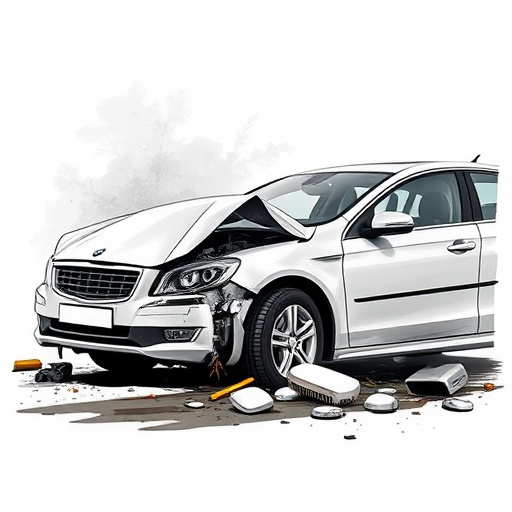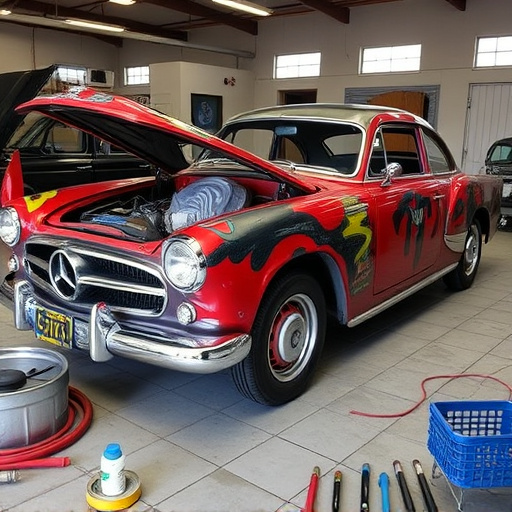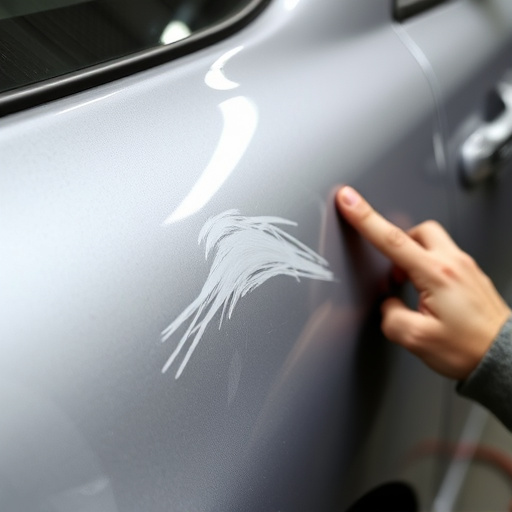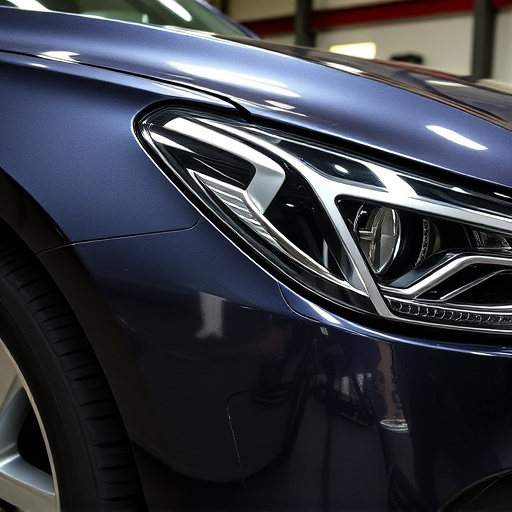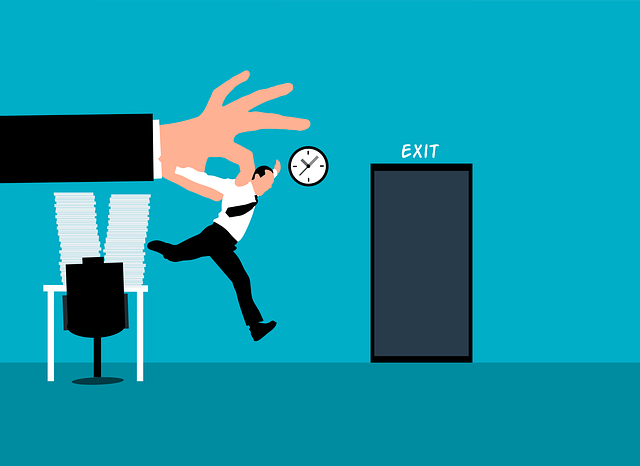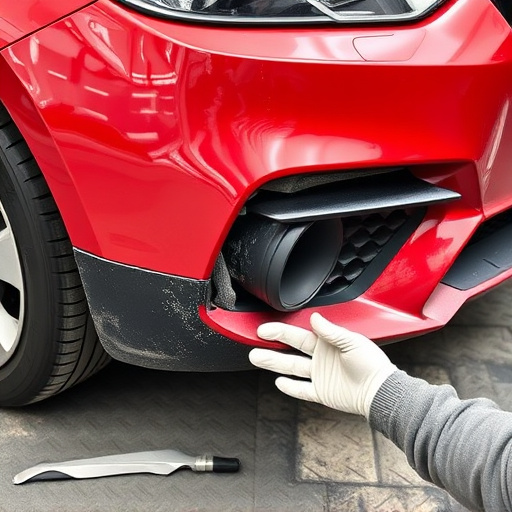Auto body shop direct repair is an in-house approach where shops manage all damage restoration processes from assessments to final inspections, consolidating expertise and resources. Key players include the shop, insurers, and vehicle manufacturers. Shops are responsible for quality control, safety, and adherence to standards, while insurers cover costs and coordinate with policyholders. Understanding legal obligations and customer rights is crucial for fair practices and trust. Clear communication, compliance with regulations, and informed consent build trust and satisfy customers, key factors for successful direct repair businesses.
In the competitive automotive industry, understanding liability within auto body shop direct repair cases is paramount for businesses aiming to thrive. This article delves into the intricacies of direct repair processes, highlighting key players and their respective liability roles. We explore legal obligations and customer rights, providing a roadmap for navigating this complex landscape. By grasping these concepts, auto body shops can ensure compliance, foster trust, and deliver exceptional service in every direct repair engagement.
- Defining Direct Repair in Auto Body Shops
- Key Players and Their Liability Roles
- Navigating Legal Obligations and Customer Rights
Defining Direct Repair in Auto Body Shops

In the realm of auto body shop operations, “direct repair” refers to the process where a shop handles all aspects of a vehicle’s body damage restoration in-house, from assessment and estimating to painting and final inspection. This approach is distinct from traditional collision repair models, which often involve outsourcing certain specialized services. Auto body shop direct repair consolidates expertise and resources, enabling efficient and comprehensive care for damaged vehicles.
By offering car paint services, vehicle body repair, and collision repair under one roof, direct repair shops streamline the claim process and ensure higher levels of quality control. This not only enhances customer satisfaction but also fosters a more seamless experience throughout the entire restoration journey.
Key Players and Their Liability Roles
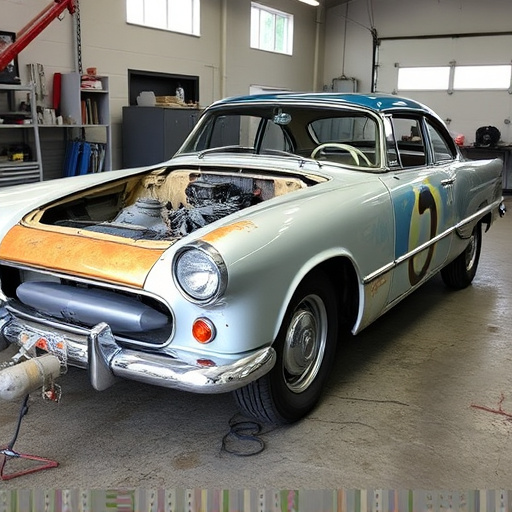
In an auto body shop direct repair scenario, several key players are involved, each with distinct liability roles. The auto body shop stands as the central entity, responsible for facilitating and overseeing the entire repair process. They are accountable to their clients for delivering quality, safe, and structurally sound repairs, adhering to industry standards and best practices in automotive collision repair and bumper repair.
The insurer plays a crucial secondary role, stepping in to cover the financial burden of repairs following an accident. They dictate the terms of coverage and have a vested interest in ensuring repairs are both effective and cost-efficient. This often involves them coordinating with both the auto body shop and the policyholder. Additionally, vehicle manufacturers can be held liable for certain aspects, particularly when original equipment parts are replaced or if structural integrity is compromised, impacting vehicle safety and performance in the event of future accidents (especially during intricate vehicle body repair).
Navigating Legal Obligations and Customer Rights

In auto body shop direct repair cases, understanding legal obligations and customer rights is paramount for ensuring fair practices and maintaining trust. When a vehicle undergoes car collision repair or requires car paint services, the body shop has specific legal duties to fulfill. These include adhering to industry standards, providing transparent communication about the repair process, and using quality materials and techniques. Customers, on the other hand, have the right to expect competent and safe body shop services, clear billing, and protection from potential overcharging or substandard work.
Navigating these legal obligations and rights involves open dialogue between the shop and the customer. Body shop services must be performed with the customer’s informed consent, and any discrepancies or additional charges should be clearly explained. Additionally, ensuring compliance with local and national regulations regarding auto body repair is crucial to prevent legal issues and maintain a positive reputation in the industry. This, in turn, fosters trust and encourages satisfied customers, which are key aspects of successful auto body shop direct repair businesses.
In the realm of auto body shop direct repair, understanding liability is paramount for ensuring customer satisfaction and compliance. By grasping the defined roles of key players and navigating legal obligations, shops can foster trust while upholding their responsibilities. Awareness of customer rights in this process is crucial, enabling businesses to deliver quality repairs with transparency and accountability, ultimately revolutionizing the industry’s reputation.
